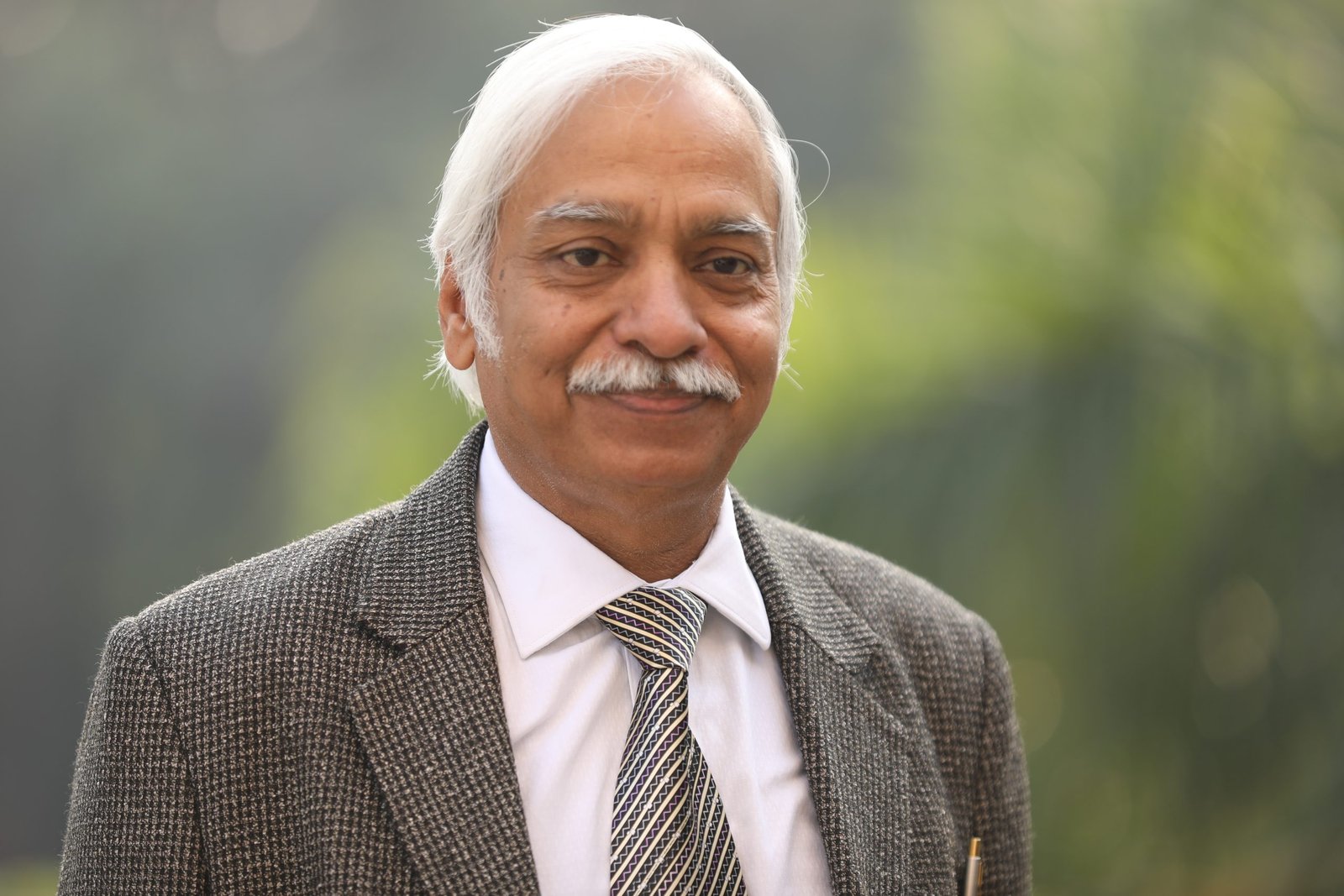
On May 7, 2025, at the release of the book “India@2047: Leading the Global Economic Order” authored by Dr SP Sharma, Managing Director & Chief Economist, Geo Economist, Prof. Rakesh Mohan Joshi, Vice Chancellor, Indian Institute of Foreign Trade (IIFT), highlighted India’s transformative growth story and its aspirations to emerge as a global economic powerhouse by the centenary of its independence.
Calling the book “a very comprehensive and holistic attempt to envision India’s future,” Prof. Joshi noted that it is grounded in strong empirical evidence and analytical insights, offering “a complete perspective on how India is poised to lead the global economic order by 2047.” He emphasised that the vision laid out in the volume aligns seamlessly with the national goal of Viksit Bharat.
From Poverty to Power
Tracing India’s evolution from a low-income economy to the fifth-largest in the world, Prof. Joshi remarked on the monumental journey: “Some estimates project that India will become a $35 to $55 trillion economy by 2047.” He attributed this potential to strong policy frameworks and sectoral growth, particularly in infrastructure, which has seen budgetary allocations exceeding ₹10 to ₹13 trillion in recent years.
“Domestic consumption remains a key driver of our GDP,” he said, “but infrastructure is the backbone of sustained growth.”
Macroeconomic Balance and Social Transformation
India’s model of socioeconomic development, particularly its approach to poverty alleviation, drew special praise. “Providing free food to over 80 crore people for more than five years is a monumental achievement—not only saving lives but also stabilising agricultural prices and ensuring remunerative returns to farmers,” Prof. Joshi highlighted.
He lauded the government’s emphasis on macroeconomic stability while advancing inclusive development. India’s export leadership in food grains, including its 40% share in global non-basmati rice exports, was presented as a reflection of both production capacity and trade diplomacy.
Trade Negotiations and Global Standing
Reflecting on the recent Free Trade Agreement (FTA) with the United Kingdom, Prof. Joshi underscored how India has now matured in protecting its interests while negotiating strategic deals. “Agriculture, dairy, and other sensitive sectors have been kept outside the ambit of the deal,” he said. “That was a tough negotiation, and our diplomats deserve credit.”
India achieved a breakthrough, securing preferential access and a three-year waiver on social security contributions for Indian workers employed in the UK. “This is unprecedented,” he stated. “British media today reflects this—there is more criticism of the UK negotiators by their press than we often see here. That speaks volumes.”
Addressing concerns about market access, he clarified: “Yes, we have allowed limited access to Scotch whisky… but the narrative that India has compromised is misleading. Take automobiles: while the duty has been reduced from 100% to 10%, it applies only to a quota of 22,000 vehicles. That is a strategic, calibrated move, not an open door.”
Demographic and Linguistic Capital
Highlighting India’s human capital advantage, Prof. Joshi remarked, “While the global North faces a workforce crisis, India is young and skilled.” He also pointed to India’s linguistic edge: “If English were declared the official language of global trade, India would be the biggest beneficiary. We have 24 crore English speakers—four times the population of the UK.”
The multilingual capabilities of Indians, particularly in South India, where knowing four to five languages is common, offer additional advantages in a globally connected world.
Sustainability and Strategic Resilience
Addressing environmental challenges and climate diplomacy, Prof. Joshi touched upon mechanisms like the Carbon Border Adjustment Mechanism, emphasising that India’s balanced approach between growth and sustainability is becoming a model for the world.
He closed with a compelling thought: “In the spirit of Tolstoy’s War and Peace, today’s world demands both firmness and diplomacy. India has struck that balance—we are peaceful in our outreach but firm in our stance. That’s why India today stands strong—diplomatically, politically, and economically.”
Leave a Reply